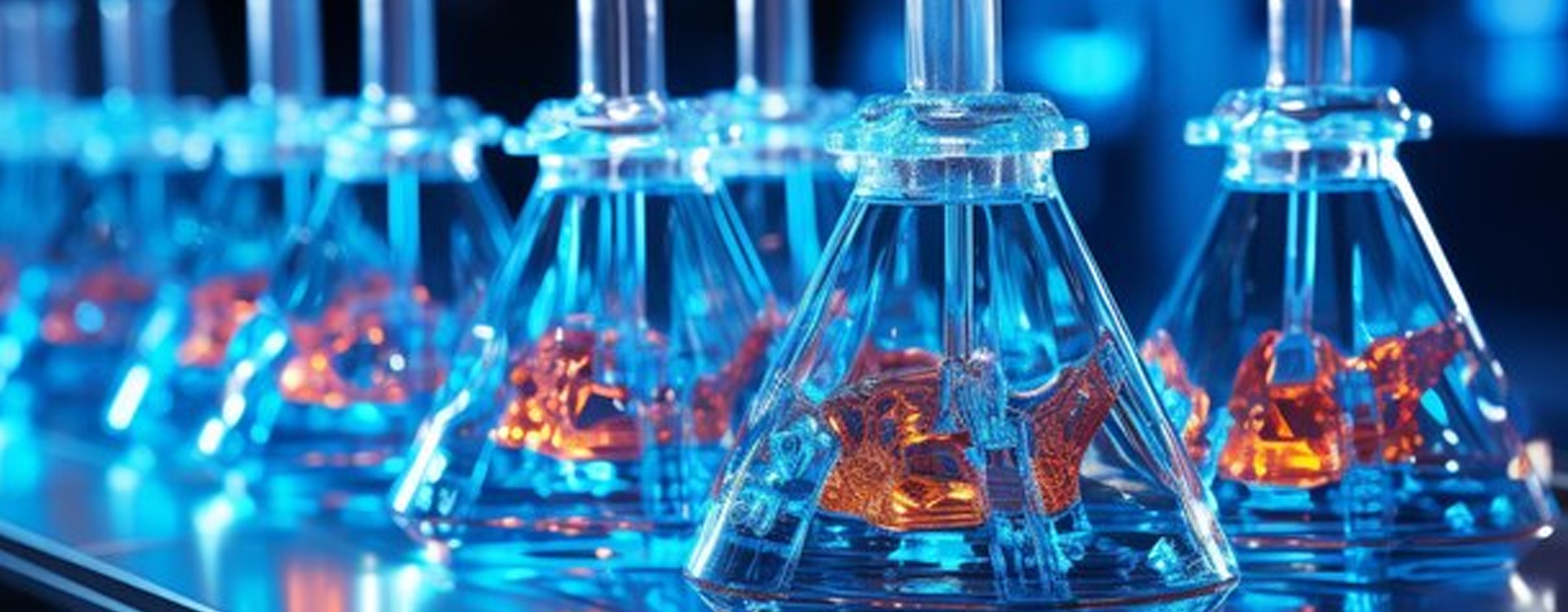Seminar Details
Phytosterols bearing a structural resemblance to cholesterol are recognized for their ability to lower cholesterol levels in blood serum. Studies have shown that consuming 1.5 to 2 g of phytosterols daily can significantly decrease low density cholesterol in the serum. However, the intake from natural plant sources falls short, providing only 160 to 430 mg phytosterol per day, necessitating supplementation to reap health benefits. Nonetheless, incorporating phytosterols into food products is challenging due to their poor water solubility, lipophilic nature, high melting point, waxy texture, and limited bioavailability. Encapsulating phytosterols via complex coacervation aids in shielding them from adverse conditions. This research focuses on establishing a method for producing phytosterol-enriched microcapsules using the complex coacervation technique, which are then added to pea protein-enriched corn extrudates. Initially, phytosterols (1.5% w/v) were mixed with various edible oils, such as sunflower, soybean, rice bran, canola, and coconut oil. Among all, soybean oil was chosen for phytosterol dispersion based on physico-chemical properties (specific gravity:1.25±0.01, density:1.24±0.01g/cm3, refractive index:1.48±0.01, peroxide value:4.33±0.30mEq/Kg, acid value:0.99±0.01mg KOH/g, antioxidant activity: 95.27±0.32%, XRD (crystallinity: 26.53±0.21%, amorphousness:73.47±0.23% and crystalline size:12.07±0.29 nm) and thermal characteristics (melting temperature: 77.81℃). Subsequently, coacervates of pea protein isolate (PPI) and locust bean gum (LBG) were formulated at different PPI/ LBG ratios (1:1 to 20:1) and pH levels (3 to 7). The ideal conditions for encapsulation were identified at a PPI/LBG ratio of 5:1 and pH 4.5 based on phase behavior, viscoelastic properties (higher G&rsquo and lower G&rsquo&rsquo), zeta potential (zero), and complex yield (90%) attributed to strong electrostatic and hydrogen bond interactions. Under these optimal conditions, phytosterol microcapsules were developed at different core-to-wall ratios (1:1, 1:2, and 1:4) and pH levels (4 and 5.5). Among all, microcapsules produced at a 1:1 ratio and pH 5.5 demonstrated superior encapsulation efficiency (89.26±0.035%), moisture content (4.04±0.037 % db), water activity (0.34±0.155), and particle size (710.75±0.04nm). XRD and FTIR analyses confirmed successful encapsulation, while SEM and CLSM imaging revealed spherical microcapsules with a protective structure, indicating effective encapsulation using PPI/LBG coacervates. These findings suggest that PPI/LBG coacervates are an efficient carrier for encapsulating heat-sensitive bioactive compounds, especially phytosterols. Therefore, obtained phytosterol microcapsules used to develop functional extrudates at various input process conditions like phytosterol microcapsules (0 to 10%), temperature (130 to 150℃) and screw speed (300 to 500 rpm) and their impact on various physical and functional properties was studied using RSM. It was found that functional extrudates developed at optimum conditions (PM = 9.99%, SS = 500 rpm, and T = 130°C) showed expansion ratio of 1.763, bulk density of 105.574 Kg/m3, color change of 105.574, water absorption index of 9.633 g/g, water solubility index of 11.907%, and phytosterol retention of 94.401%. Also, FTIR, SEM and CLSM results confirmed that phytosterol microcapsules retained were higher after extrusion process. Based on these results, phytosterol microcapsules formed using complex coacervation can protect from thermal degradation with higher retention capacity even at higher temperature processing operations. Thus, this study confirms the possibility of incorporation of phytosterols into extruded food products.


